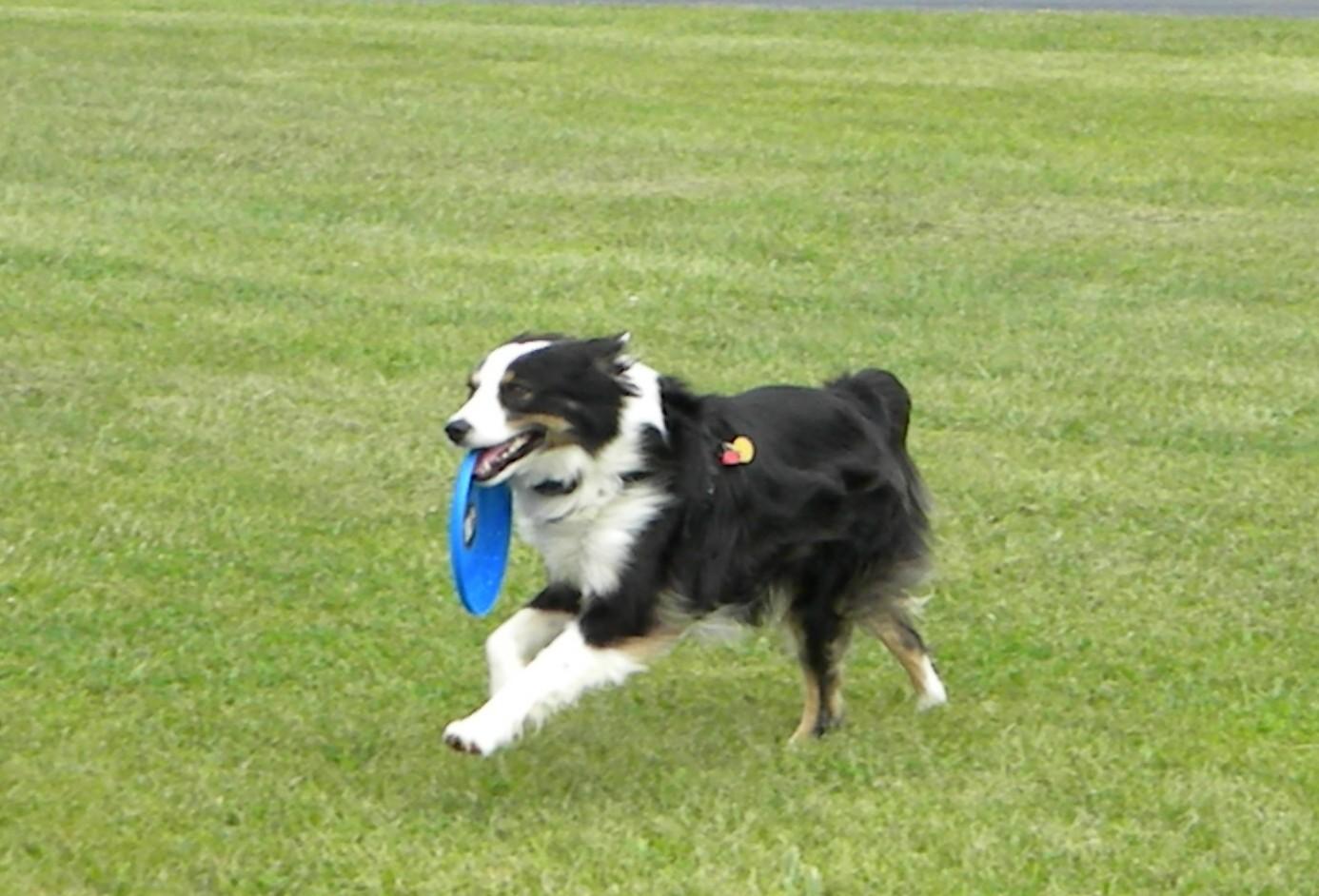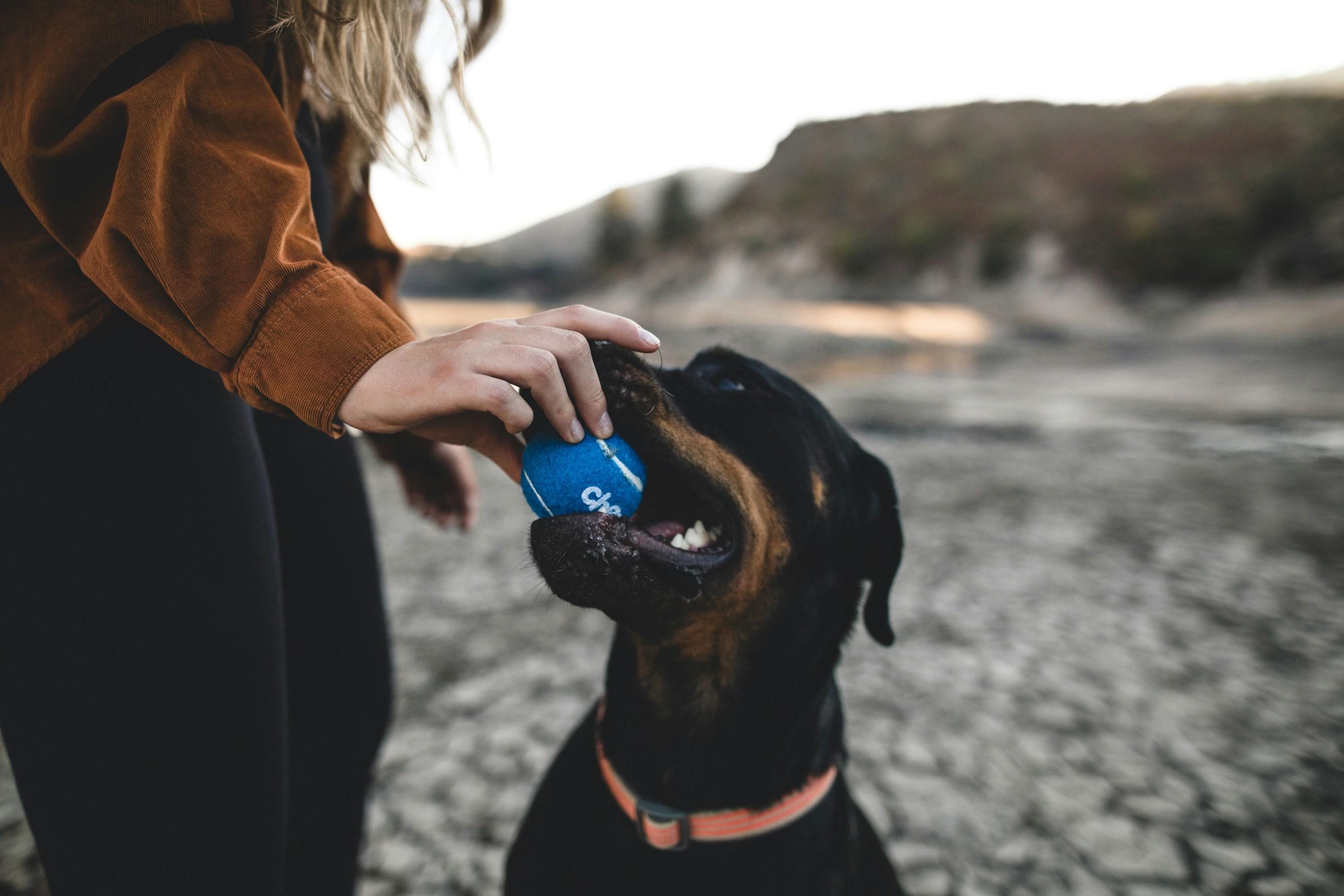Should Dogs Be Treated for Fear and Anxiety With Medication

In recent years, our understanding of canine behavior and emotions has significantly deepened, revealing that dogs, much like humans, can experience a range of complex feelings, including fear and anxiety. As cherished members of our families, ensuring their well-being is a top priority, prompting many pet owners to explore various ways to alleviate their dogs’ distress. One approach gaining attention is the use of medication to treat fear and anxiety in dogs. This topic, however, raises important questions about the appropriateness, effectiveness, and ethical considerations of such treatments. In this article, we will delve into the nuances of canine anxiety, explore the potential benefits and drawbacks of medicating our furry friends, and provide insights to help pet owners make informed decisions about their beloved companions’ mental health. Whether you’re a seasoned dog owner or new to the world of pets, understanding these aspects can pave the way for a happier, more harmonious life with your four-legged friend.
Understanding Canine Anxiety and Its Causes
Dogs, much like humans, can experience anxiety for a variety of reasons. Environmental changes such as moving to a new home or a change in family dynamics can be unsettling. Loud noises, including thunderstorms or fireworks, often provoke fear responses in many canines. Social factors also play a significant role, where lack of early socialization may lead to anxiety in new or crowded situations. Additionally, some breeds are more predisposed to anxiety due to their genetics. Understanding these triggers is crucial for addressing and alleviating their stress.
- Environmental changes: Moving homes, new family members, or changes in routine.
- Loud noises: Thunderstorms, fireworks, or construction sounds.
- Social factors: Lack of socialization, new or crowded environments.
- Genetic predisposition: Certain breeds are more prone to anxiety.

The Role of Medication in Treating Dog Anxiety
Understanding the importance of medication in alleviating anxiety in dogs is essential for any pet owner facing this challenging situation. While behavioral therapies and environmental changes are often the first line of defense, medication can play a pivotal role when these methods alone are insufficient. It is particularly beneficial in cases where a dog’s anxiety is severe or when it significantly disrupts their quality of life. Medications can help by stabilizing a dog’s mood, allowing them to respond more effectively to behavioral training and environmental modifications.
Several types of medications are available, and each works differently. Some common options include:
- SSRIs (Selective Serotonin Reuptake Inhibitors): These are often used to treat chronic anxiety and are similar to medications used for humans with anxiety disorders.
- Benzodiazepines: These can be used for short-term relief, especially in situations that trigger acute anxiety, such as thunderstorms or fireworks.
- Tricyclic Antidepressants (TCAs): Another class of drugs that can help manage anxiety by affecting neurotransmitter levels.
Consulting with a veterinarian is crucial to determine the appropriate medication and dosage for your dog. Each dog’s situation is unique, and what works for one may not be suitable for another. A vet can help weigh the benefits and potential side effects, ensuring that the chosen treatment path is safe and effective for your furry friend.

Exploring Alternative Therapies for Fearful Dogs
While traditional medications can be effective in managing fear and anxiety in dogs, exploring alternative therapies offers a holistic approach that can be both beneficial and enriching for our furry companions. Many pet owners and professionals are turning to these alternatives as a way to complement or even reduce the need for conventional medication. Some of these therapies include:
- Behavioral Training: Professional training can help dogs learn to cope with their fears in a controlled and supportive environment.
- Aromatherapy: Using essential oils, such as lavender or chamomile, can create a calming atmosphere that helps soothe anxious pets.
- Acupuncture: This ancient practice is believed to help balance energy and alleviate stress in animals, much like it does in humans.
- Music Therapy: Playing calming music can significantly reduce stress and anxiety levels in dogs, especially during thunderstorms or fireworks.
- Massage Therapy: Gentle massage can relax tense muscles and promote a sense of security and well-being.
Each dog is unique, and what works for one may not work for another. It’s important to consult with a veterinarian or a professional pet behaviorist to determine the best course of action for your pet’s specific needs. Exploring these alternative therapies can provide valuable insights into your dog’s behavior and enhance their quality of life, all while strengthening the bond between you and your beloved pet.

Expert Recommendations for Managing Anxious Dogs
When it comes to addressing anxiety in our canine companions, it’s important to consider a multifaceted approach. Experts often recommend a combination of strategies to help ease anxiety in dogs. Some of these include:
- Behavioral Training: Positive reinforcement and consistent training can help manage anxious behaviors. Engaging your dog in regular training sessions can build their confidence and reduce anxiety triggers.
- Environmental Enrichment: Providing a stimulating environment with toys, puzzles, and interactive games can keep your dog mentally engaged and distracted from stressors.
- Routine and Structure: Dogs thrive on routine. Keeping a consistent schedule for feeding, walking, and playtime can provide a sense of security and predictability.
- Professional Guidance: Consulting with a veterinarian or a certified animal behaviorist can offer tailored advice and, if necessary, discuss the potential benefits of medication.
While medication can be a valuable tool in managing severe anxiety, it is often most effective when used in conjunction with the above methods. Every dog is unique, and what works for one may not work for another, so it’s crucial to tailor the approach to your dog’s specific needs.



